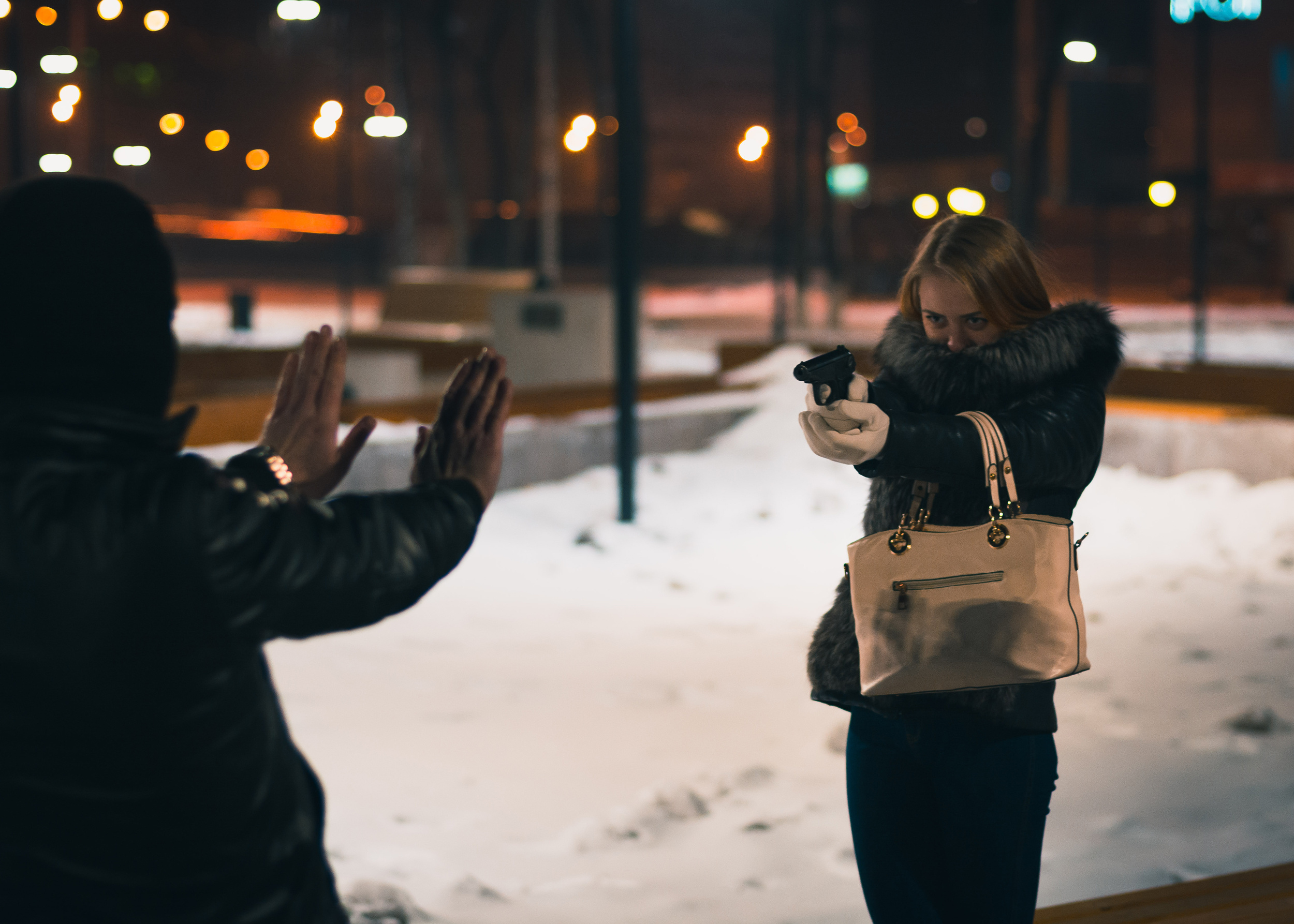SECURITY RESOURCES Training Academy’s Department of Civilian Self-Defense is dedicated to the multi-faceted areas of Civilian Self-Defense.
From Hand-to-Hand Martial Techniques to Firearms, and most everything in between, we have self-defense courses to fit our students comfort and aptitude levels.
Presented-by SECURITY RESOURCES Training Academy’s Department of Civilian Self-Defense, our Basic Personal Firearm Protection, Outside-the-Home course teaches students the knowledge, skills, and attitude essential for avoiding dangerous confrontations and for the safe, effective, and responsible use of a concealed pistol for self-defense outside-the-home.
The course is divided into Two-Levels.
Level-One is nine-hours and offers the essential knowledge, and, skills that must be mastered in order to carry, store, and use-a-firearm safely, and effectively, for personal protection outside-the-home.
Students will spend several hours on-the-firearm range, and fire approximately 100 rounds-of-ammunition during Level-One.
The topics include, but not limited to, the following:

In todays world, with the threat of social, and civil, unrest, increased violent crimes, and socio-economic uncertainly that perpetuates the criminal element into our communities that endanger us, and our loved ones, the time is NOW to learn, and continuously train, in self-defense principles and techniques.
Upon completion, Level-Two, which is an additional five-hours on the range and approximately 115 rounds-of- ammunition learning advanced shooting skills.
Time and ammunition requirements are minimum and may be exceeded.
Students will receive the Guide to the Basics of Personal Protection Outside-the-Home handbook, Gun Safety Rules brochure, and appropriate (Level-One/Level-Two) course completion certificates(s).
NOTE: Lesson Three of this course, Firearms and the Law, and Legal Aspects of Self-Defense—of the Personal Protection In And Outside The Home courses are conducted by an attorney licensed to practice law within the state in which this course is given and who is familiar with this area of the law; a Law Enforcement Officer (LEO) who possesses an intermediate or higher Peace Officer Standards and Training (POST) certificate granted within the state; or an individual currently certified to instruct in this area of the law by the state in which this course is presented.